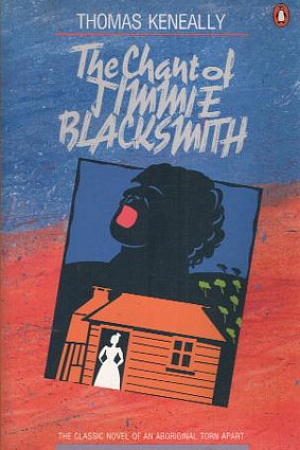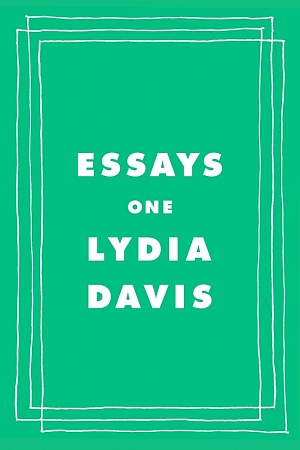'The resilience of non-fiction publishing' by Dominic Kelly
The University of Melbourne’s announcement on 30 January 2019 that Melbourne University Publishing would henceforth ‘refocus on being a high-quality scholarly press in support of the University’s mission of excellence in teaching and research’, which led to the resignations of its chief executive, Louise Adler, and five other board members, was just three days old when one of the more absurd responses was floated as a serious option.
On February 2, The Age reported that Senator (and MUP author) Kim Carr had flagged the possibility of a future Labor government providing seed funding to continue MUP’s model of popular publishing elsewhere. Like many politicians and journalists, but few other Australians, Carr was deeply concerned about the prospect of MUP no longer publishing political memoirs and general-interest books, and instead focusing on scholarly works. ‘To ensure we protect political culture and debate’, he stated, government intervention was required. Carr's long-time political foe, Liberal minister (and MUP author) Christopher Pyne, put aside partisanship and expressed support.
Continue reading for only $10 per month. Subscribe and gain full access to Australian Book Review. Already a subscriber? Sign in. If you need assistance, feel free to contact us.














Comment (1)
Leave a comment
If you are an ABR subscriber, you will need to sign in to post a comment.
If you have forgotten your sign in details, or if you receive an error message when trying to submit your comment, please email your comment (and the name of the article to which it relates) to ABR Comments. We will review your comment and, subject to approval, we will post it under your name.
Please note that all comments must be approved by ABR and comply with our Terms & Conditions.